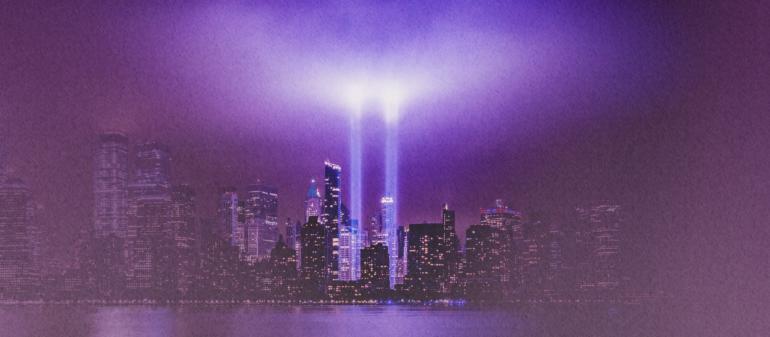September 11th will be forever seared in our memories. The terror attacks on the United States left nearly 3,000 people dead at the World Trade Center in New York, the Pentagon outside Washington, D.C. and the downing of a commercial plane, United Airlines Flight 93, in Shanksville, Pennsylvania. For Muslims, the attacks were a turning point. Overnight, Muslim communities faced hostility, distrust, surveillance and questions about their faith. We begin with this report from CGTN’s Nathan King in New York City.
Follow Nathan King on Twitter@nathanking
Joining the discussion:
- Wardah Khalid is a policy analyst and the Founder and President of Poligon Education Fund.
- Eman Abdelhadi is an Assistant Professor in the Department of Comparative Human Development at the University of Chicago.
- Youssef Chouhoud is an Assistant Professor of Political Science, affiliated with the Reiff Center for Human Rights and Conflict Resolution at Christopher Newport University.
- Sahar Aziz is a Distinguished Professor of Law at Boston University and author of the upcoming book, “The Racial Muslim: When Racism Quashes Religious Freedom.”
For more:
Young American Muslims have grown up under the shadow of 9/11, facing hostility, suspicion, and questions about their faith. They've also found ways to fight back against bias, build bridges and challenge stereotypes. https://t.co/Az0epuSwT8
— The Associated Press (@AP) September 7, 2021
“Immediately after 9/11 all Muslims residing in the US were placed under the prism of being a threat to national security.”
Muslim Americans reflect on life post-9/11 https://t.co/kXF3dO8YJB pic.twitter.com/vqqMqz6fw1
— Al Jazeera English (@AJEnglish) September 9, 2021
 CGTN America
CGTN America

